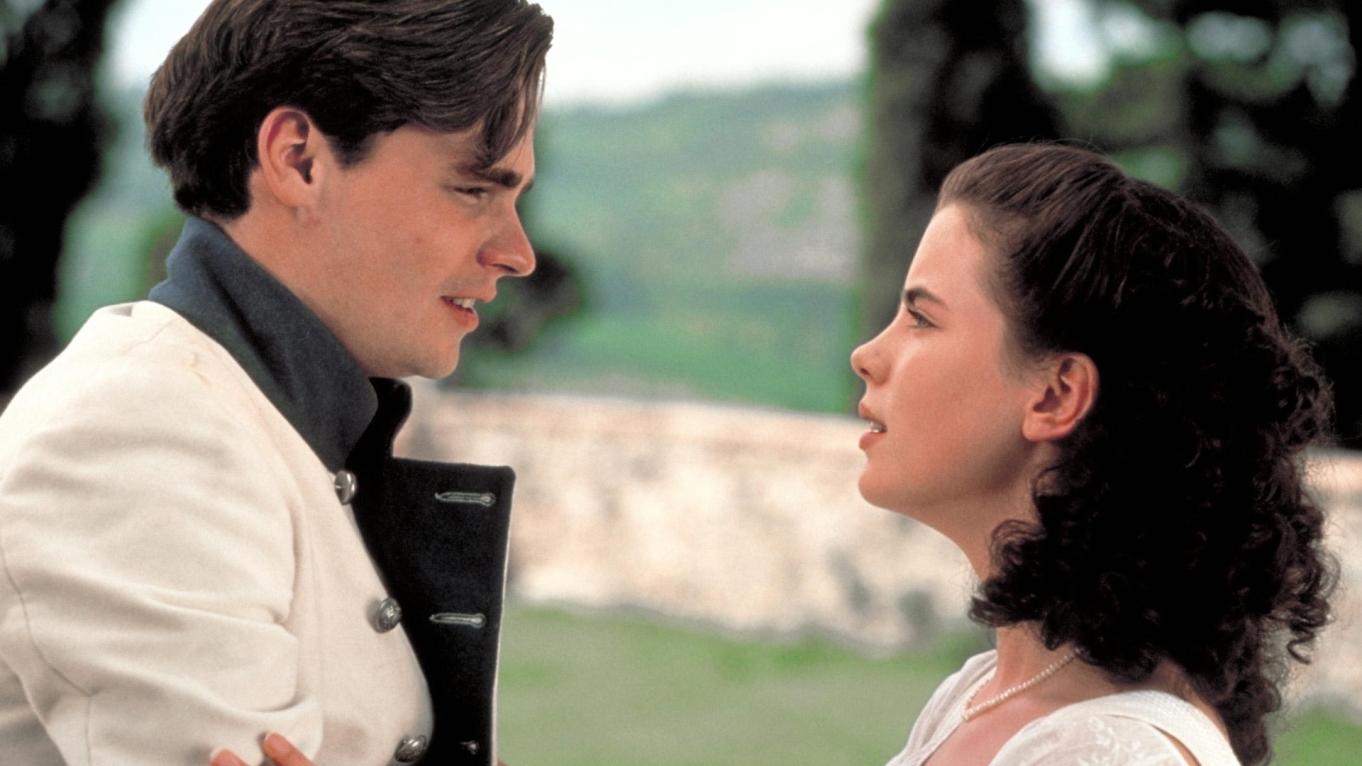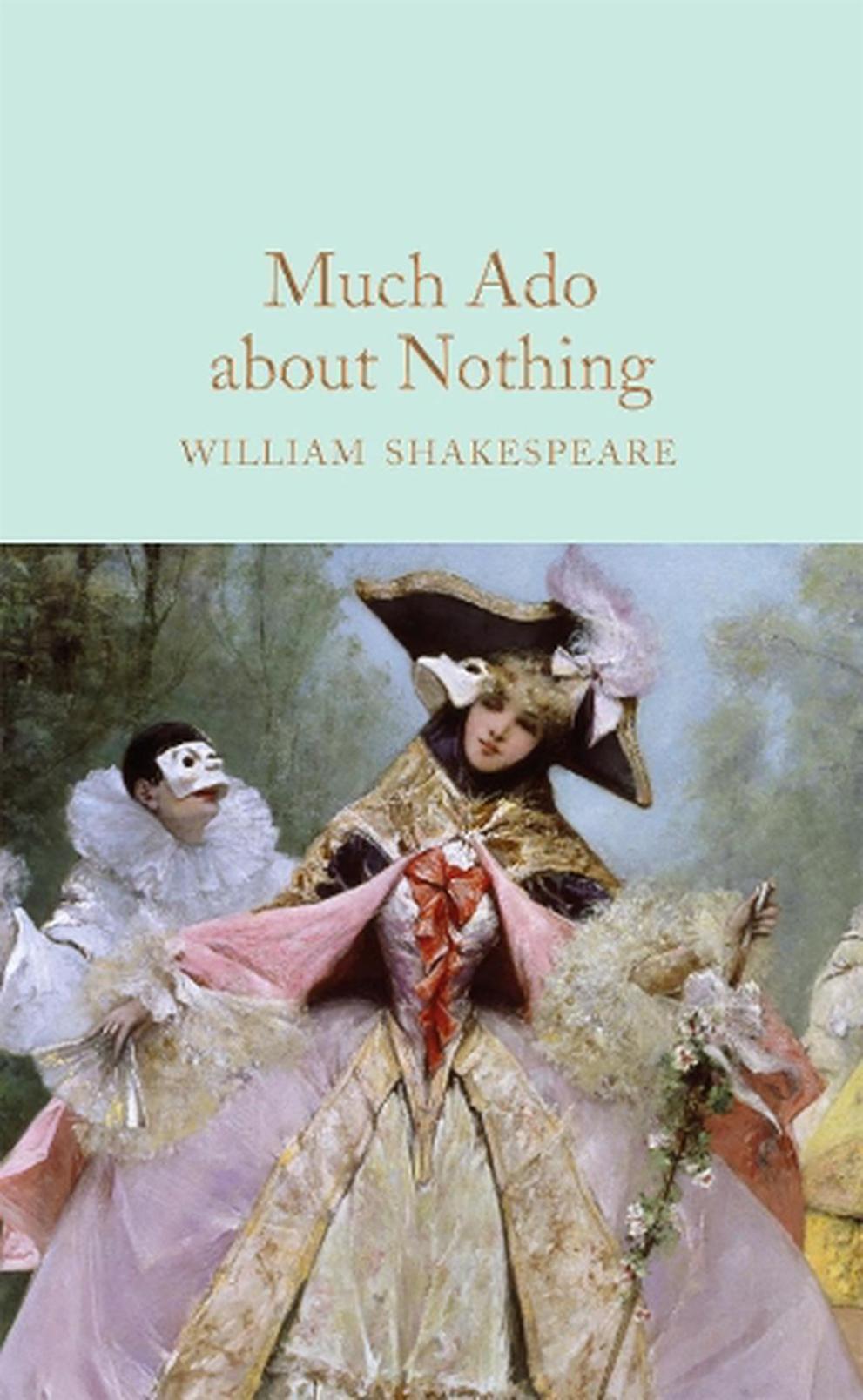What Are the Different Types of Love Explored in Much Ado About Nothing?
In the realm of literature, William Shakespeare's Much Ado About Nothing stands as a timeless masterpiece that delves into the complexities of human relationships and the myriad facets of love. This article embarks on a journey to explore the diverse types of love portrayed in the play, shedding light on their significance in shaping the narrative and character development.

I. Courtly Love
The concept of courtly love, prevalent in medieval literature, finds its expression in Much Ado About Nothing. This type of love is characterized by its idealized and refined nature, often involving a knight's devotion to a noble lady.
- Claudio and Hero: Their initial attraction is sparked by their shared social status and physical beauty. However, their love faces obstacles, including the machinations of Don John, testing the strength of their bond.
- Benedick and Beatrice: Their relationship begins with witty banter and a mutual disdain. As the play progresses, their interactions reveal a deeper connection, leading to a gradual transformation from adversaries to lovers.
II. Romantic Love
Romantic love, characterized by its passionate and idealistic nature, plays a central role in Much Ado About Nothing.
- Claudio and Hero: Their love is depicted as intense and all-consuming. Claudio's initial infatuation with Hero quickly blossoms into a deep and abiding love.
- Benedick and Beatrice: Their transformation from adversaries to lovers is a testament to the power of romantic love. Their witty exchanges gradually give way to heartfelt confessions, revealing their genuine affection for each other.
III. Platonic Love
Platonic love, emphasizing deep friendship and mutual respect, is another significant aspect of love explored in the play.
- Benedick and Beatrice: Despite their initial animosity, they share a profound friendship and understanding. Their conversations reveal a deep respect for each other's intelligence and wit.
- Leonato and Antonio: Their brotherly bond is characterized by unwavering support and loyalty. They stand by each other through thick and thin, demonstrating the strength of platonic love.
IV. Familial Love

Familial love, encompassing the bonds between family members, is a recurring theme in Much Ado About Nothing.
- Leonato and Hero: Their father-daughter relationship is marked by love, protectiveness, and unwavering support. Leonato's determination to clear Hero's name highlights the depth of his love for her.
- Beatrice and Hero: Their close sisterly bond is evident in their unwavering loyalty and support for each other. Beatrice's willingness to defend Hero's honor demonstrates the strength of their familial love.
V. Unrequited Love
Unrequited love, characterized by one-sided affection, adds a poignant dimension to the play's exploration of love.
- Don John and Hero: Don John's obsessive and destructive love for Hero leads him to orchestrate a plot to ruin her reputation. His unrequited love turns into a destructive force, highlighting the darker side of love.
- Margaret and Benedick: Margaret's unrequited love for Benedick remains unfulfilled. Her devotion to him, despite his initial rejection, showcases the enduring nature of unrequited love.

Much Ado About Nothing presents a rich tapestry of love, encompassing various forms and complexities. Courtly love, romantic love, platonic love, familial love, and unrequited love intertwine, shaping the narrative and character development. These diverse love relationships highlight the universal and timeless nature of love, showcasing its power to both uplift and devastate.
The play's exploration of love remains relevant today, resonating with audiences across cultures and generations. It serves as a reminder that love, in all its forms, is a multifaceted and profound human experience that continues to inspire, challenge, and captivate.
YesNo

Leave a Reply